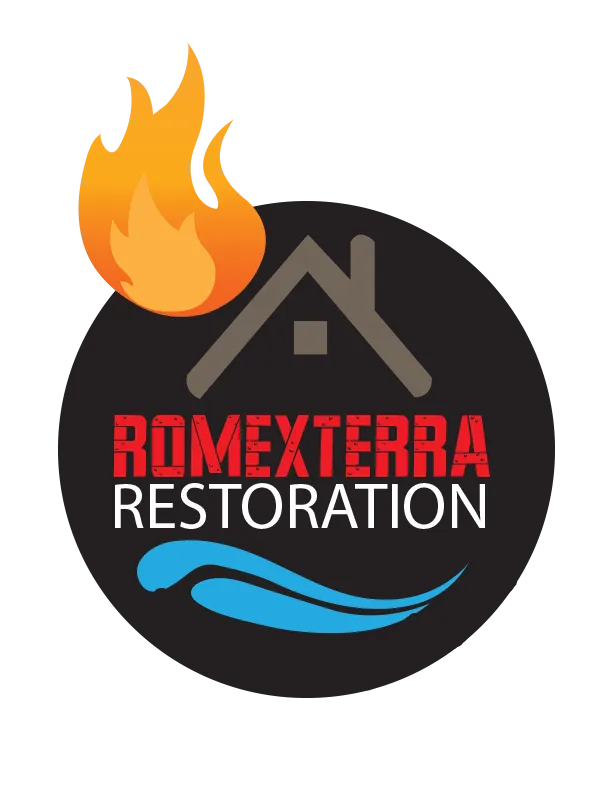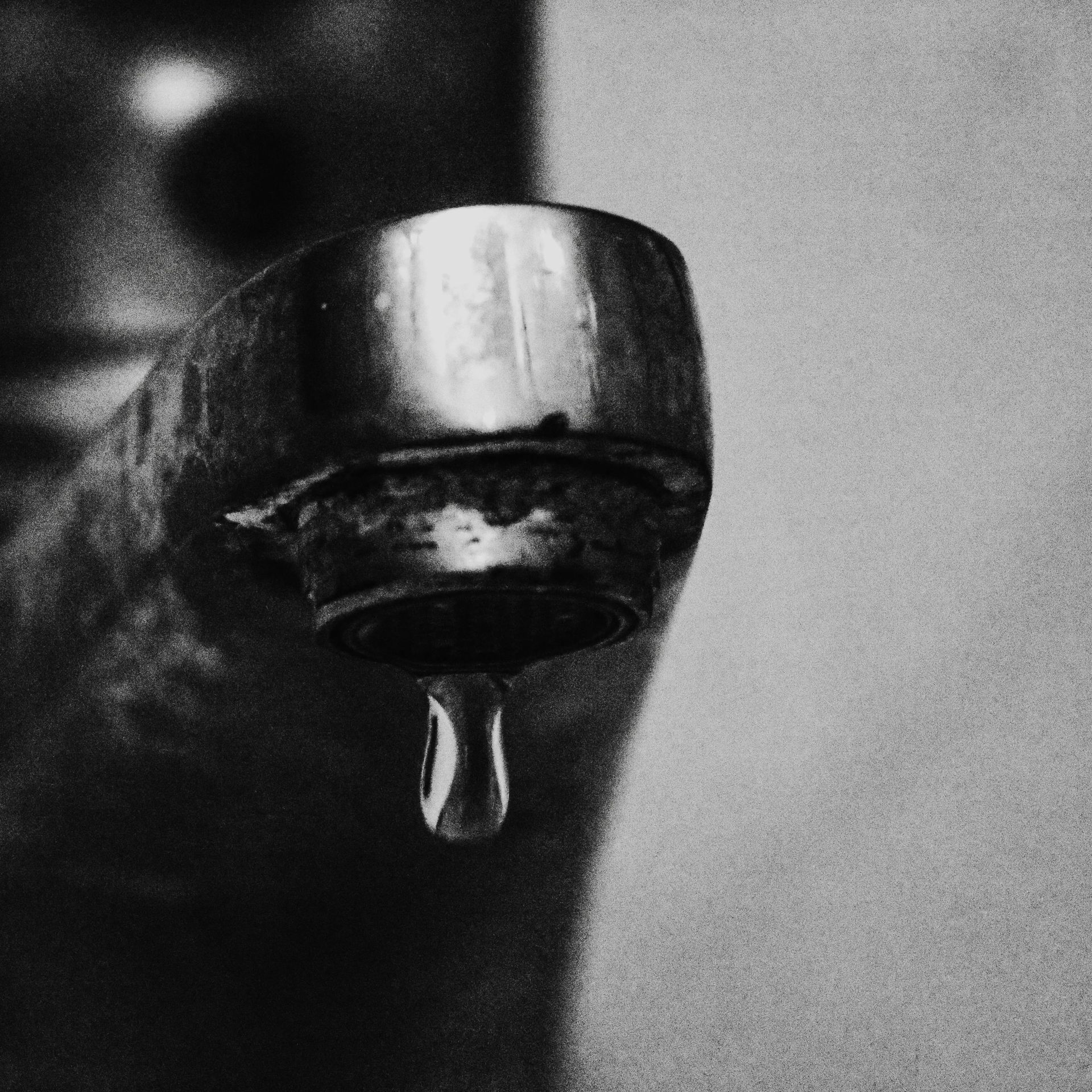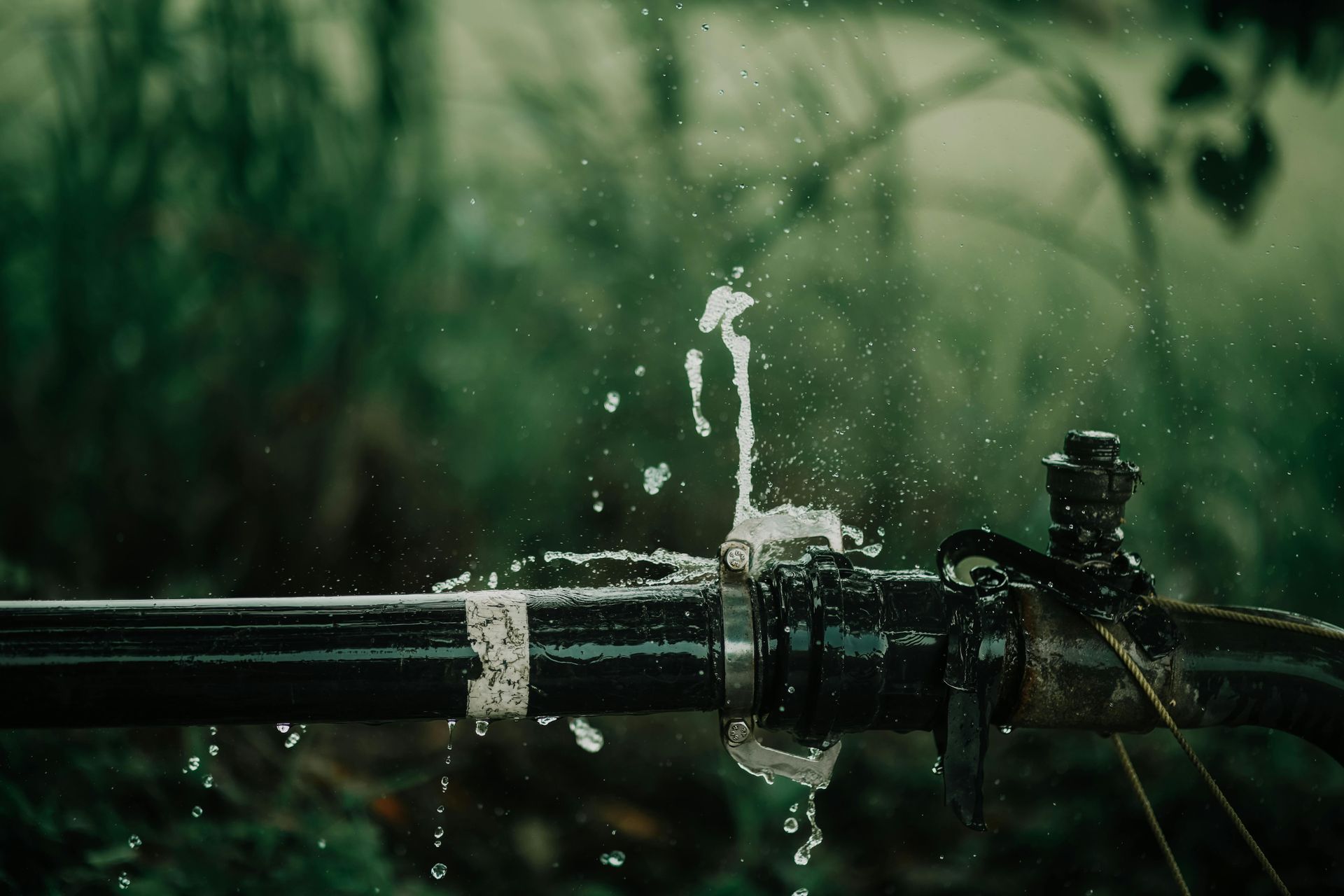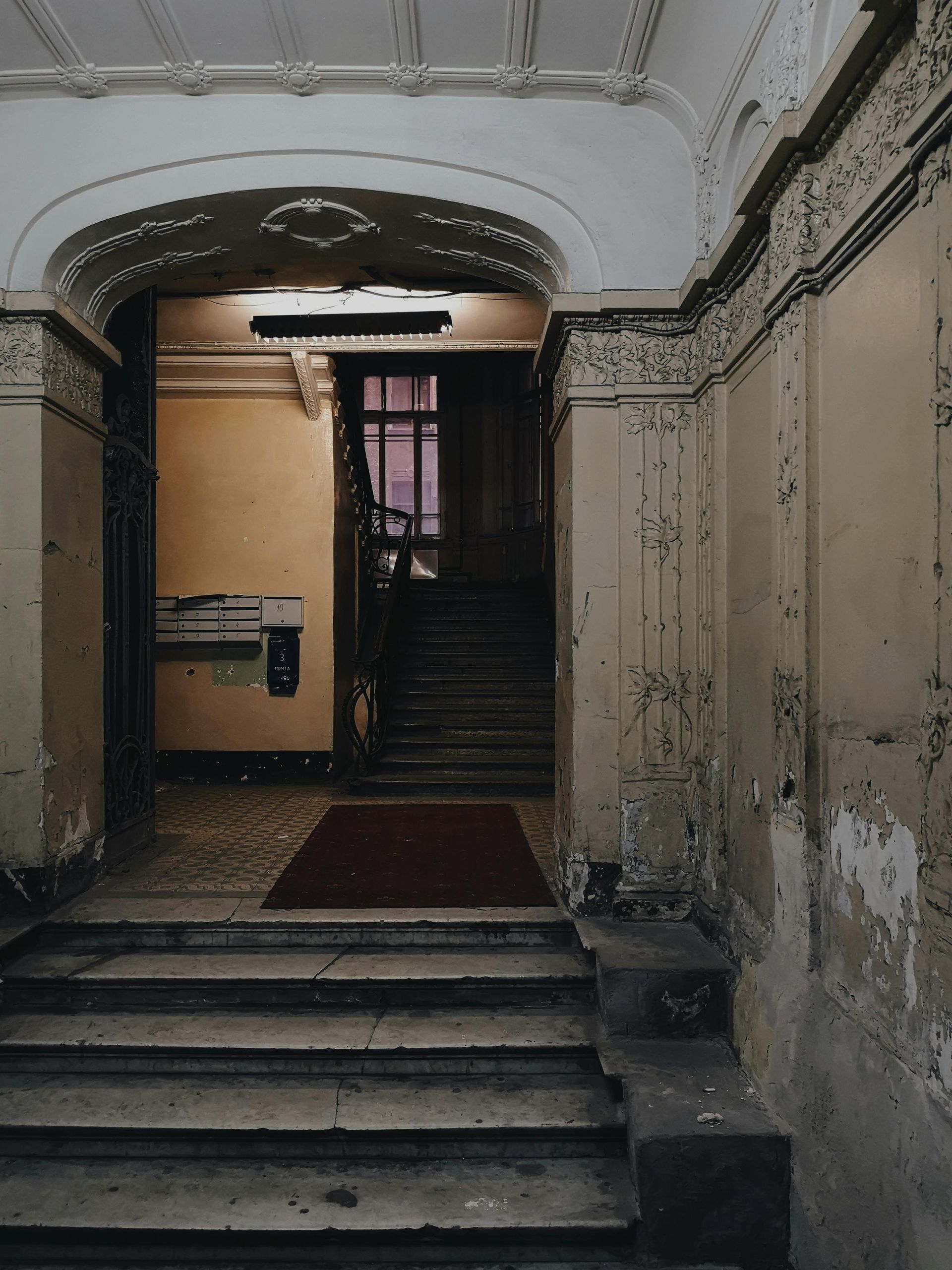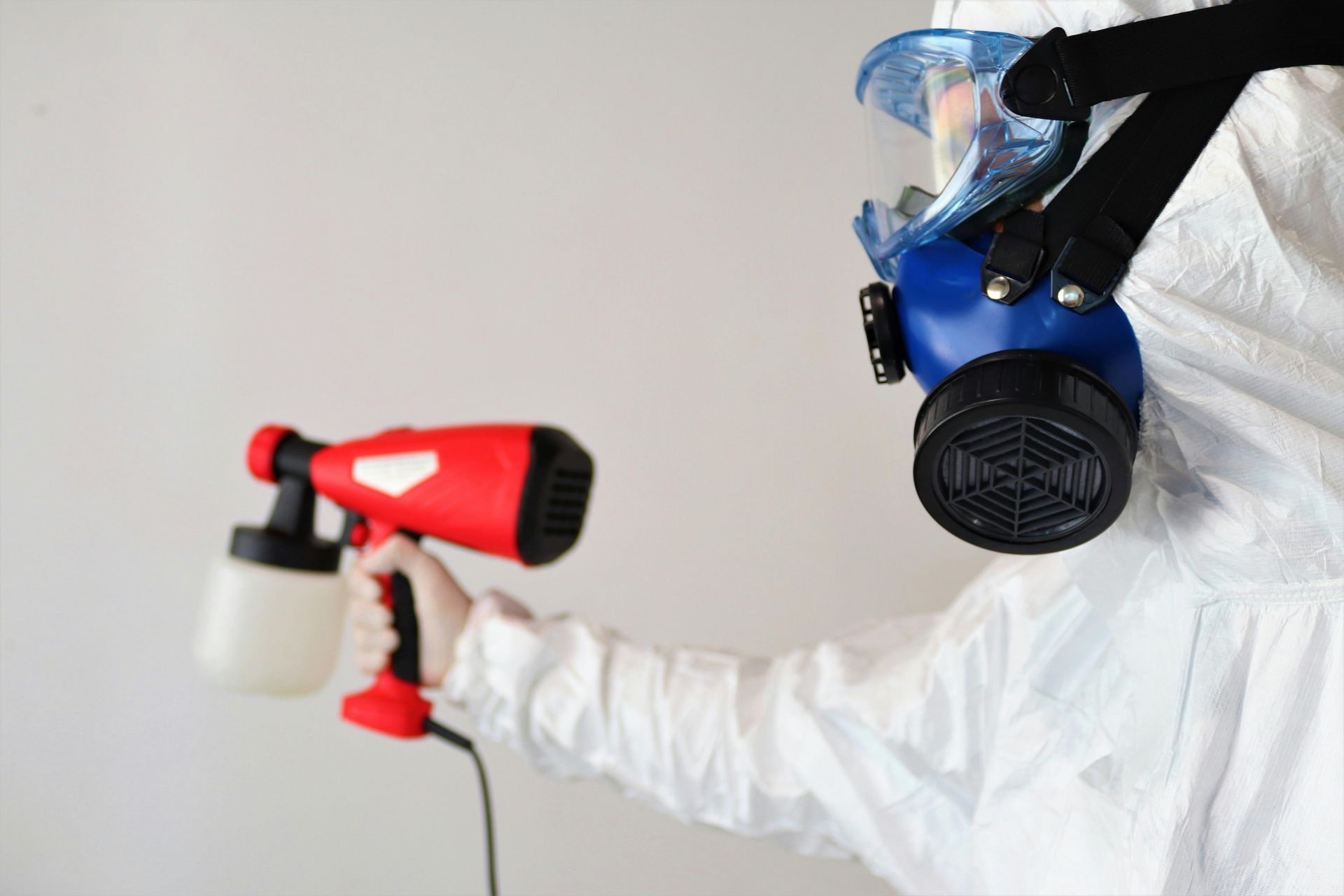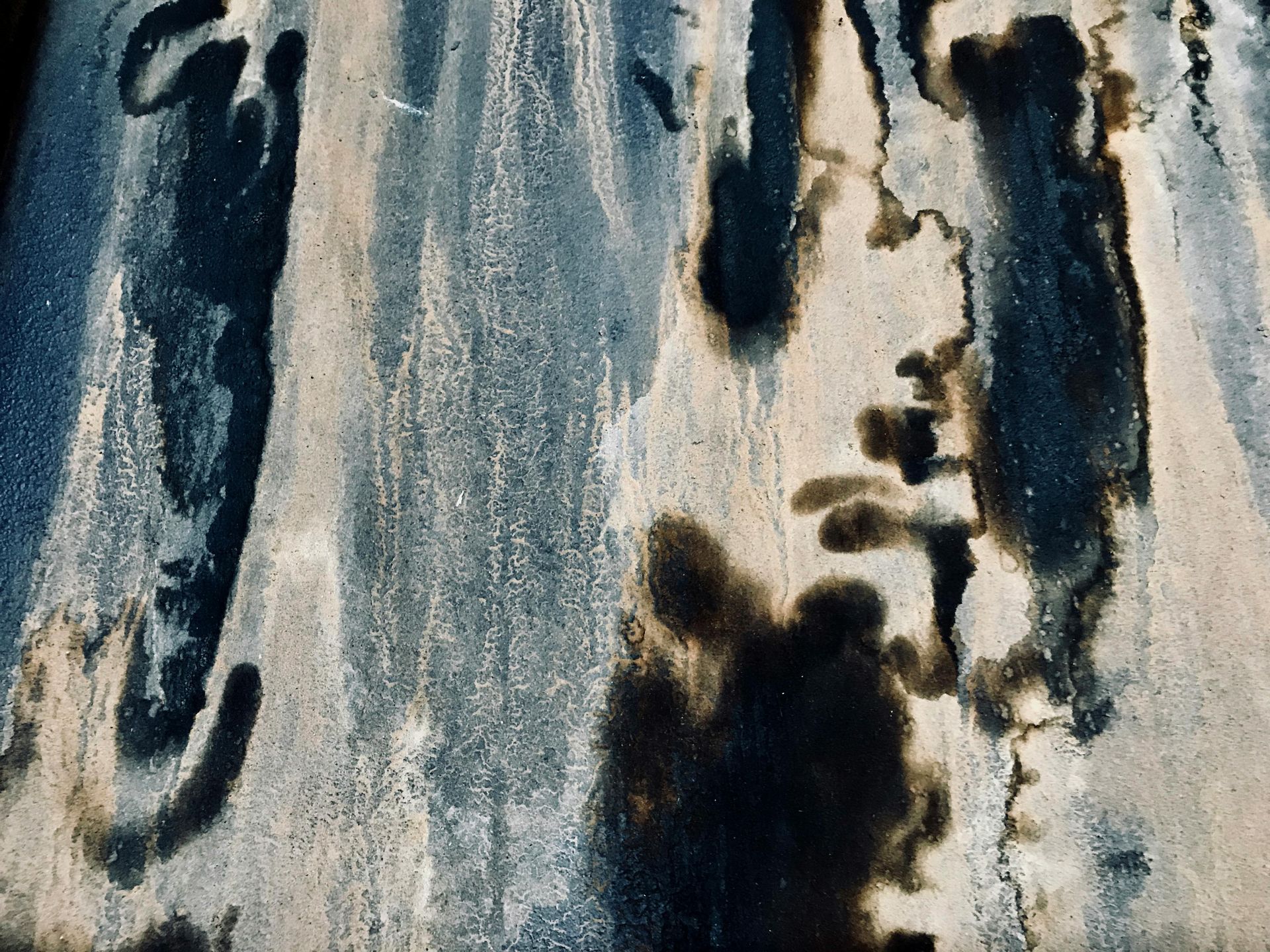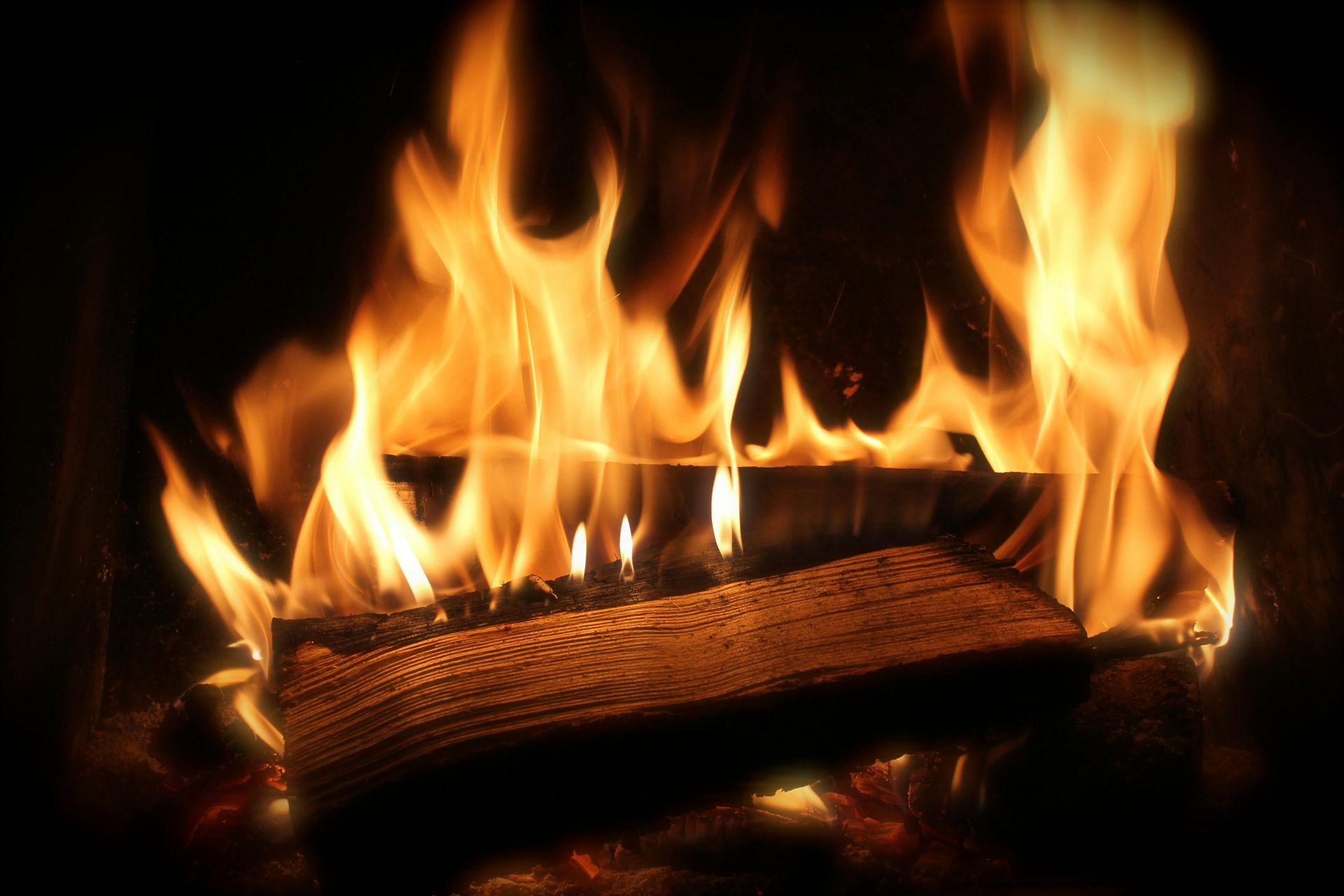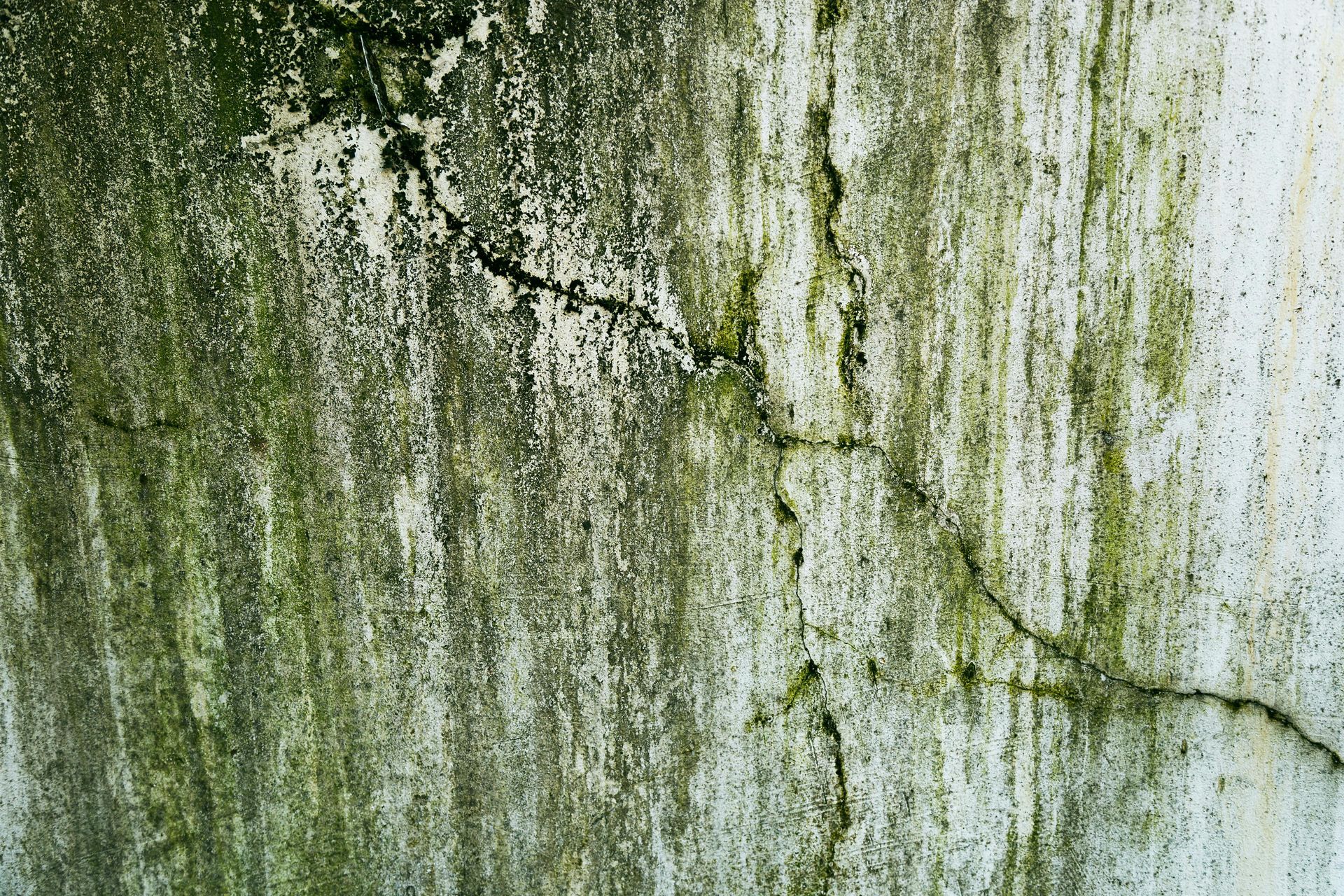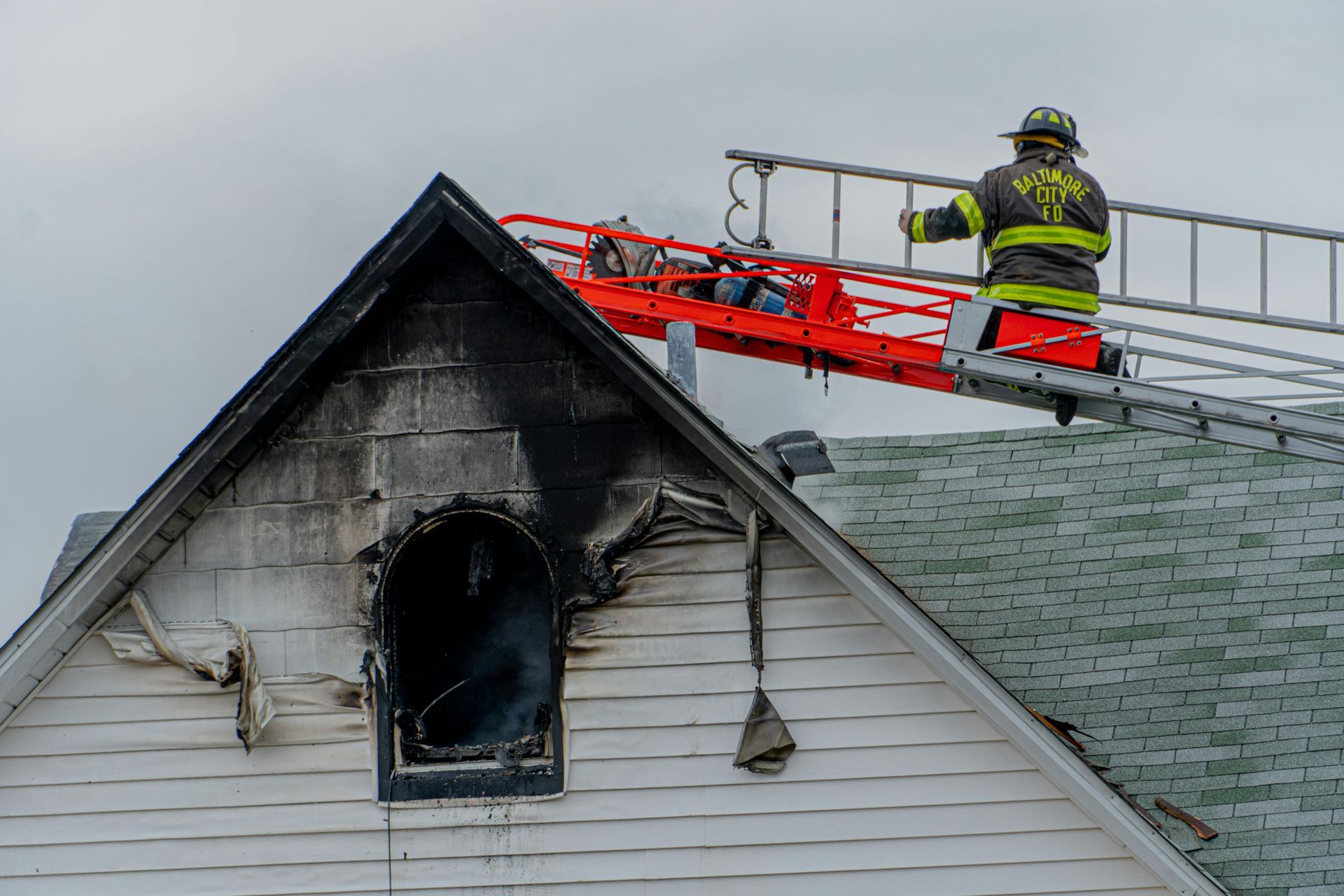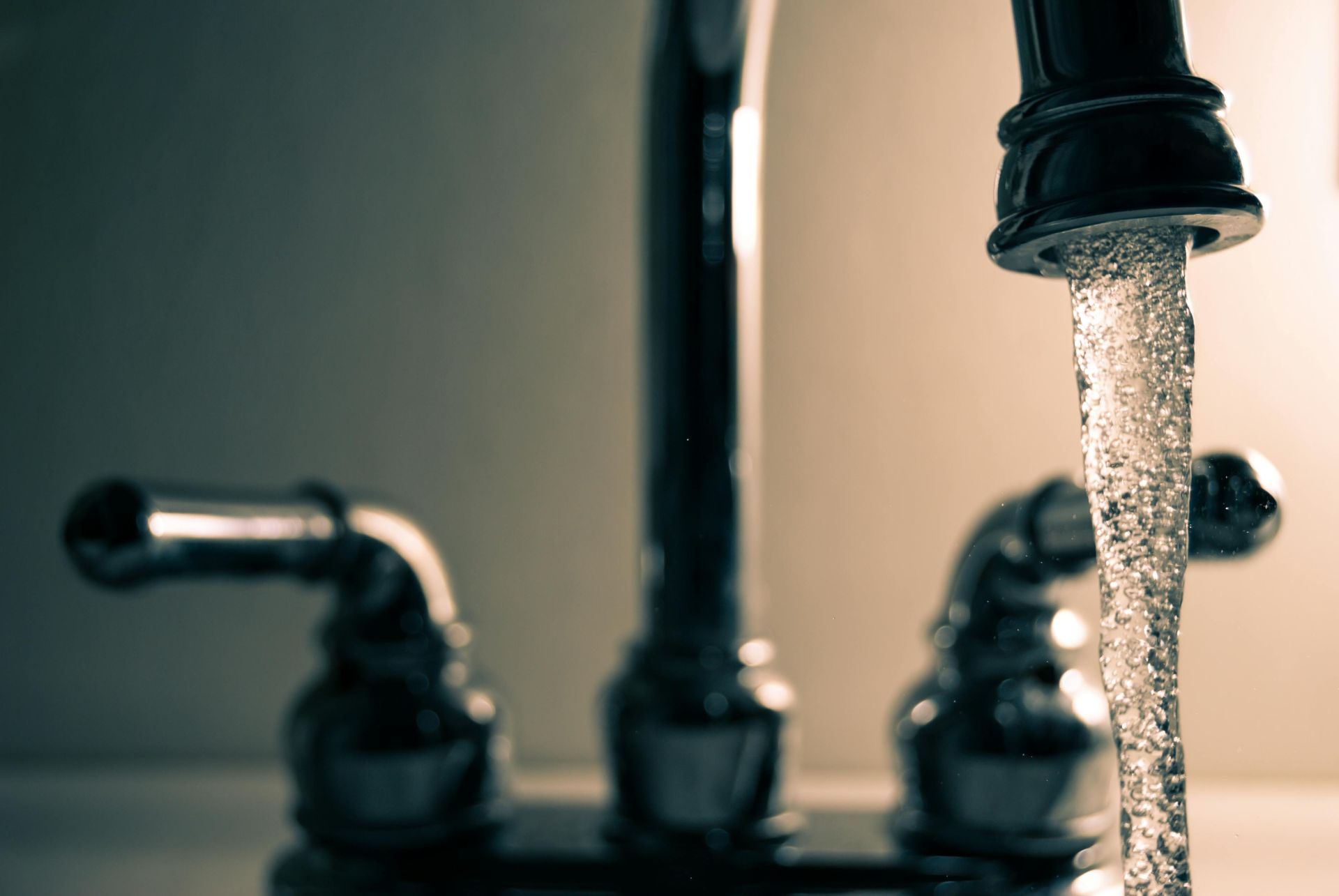Effective Strategies to Prevent Water Damage in Your House
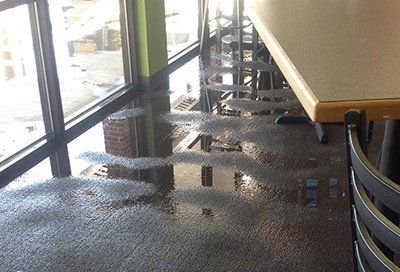
Water damage in homes can cause significant health, safety, and financial risks. From dangerous mold growth to weakened structural integrity, the consequences of water damage can be disastrous. That is why it's so important for homeowners to take steps to prevent water damage from occurring in their homes.
In this article, we will discuss how you can identify potential sources of water damage in your home as well as effective methods for dealing with them. We'll explain how to properly inspect your home's plumbing and drainage systems, the importance of cleaning gutters, and other water damage prevention tips. With this knowledge, you can take proactive steps to protect your home from costly water damage.
Causes of Water Damage
Water damage in homes can be caused by a number of sources, ranging from natural disasters to faulty appliances and pipes. Understanding the main causes of water damage can help homeowners take preventative measures to protect their homes.
Leaking Pipes
Leaking pipes are a common cause of water damage. Pipes inside walls and in the basement can leak water over time, causing extensive damage to floors, walls, and furniture. The best way to prevent leaks is through regular maintenance of pipes, including checking for any signs of corrosion or wear and tear. Homeowners should also look out for drips from faucets or other water fixtures that could indicate a potential pipe issue.
Faulty Appliances
Appliances such as washing machines, dishwashers, and refrigerators are also known to cause water damage. Malfunctioning appliances can leak water over time, leading to the growth of mold and mildew, which can compromise the structural integrity of a home. Regular maintenance of appliances is key for preventing this type of water damage.
HVAC Issues
HVAC systems are another source of water damage, as they can be prone to leaking condensation. If the condensation is not properly drained away from the home, it can accumulate and cause major damage. Regular maintenance of HVAC systems should include checking for any signs of leaks or clogged drainage pipes.
Natural Disasters
Natural disasters such as floods, hurricanes, and storms can also cause extensive water damage to a home. Taking steps to waterproof the exterior of a house, such as installing gutters or drainage pipes, is one-way homeowners can protect their property from water damage caused by natural disasters. Additionally, if flooding is expected in an area, it's important to evacuate as soon as possible and to contact insurance companies for assistance.
Signs of Water Damage
Homeowners must be vigilant in detecting signs of water damage, as it can cause costly repairs if not addressed quickly. Here are some common early warning indicators to look out for:
- Water stains: Indicators of a water stain can include discoloration on the ceiling or walls, bubbling paint and wallpaper, and warping wood. If you notice any of these signs, it is important to find and address the source of the water issue as soon as possible.
- Mold: Mold often appears as dark spots on walls, floors, or ceilings and can cause a musty smell. It is important to clean up any mold immediately, as it can cause respiratory problems and trigger allergies.
- Peeling paint: As a result of water exposure, the paint may start to crack and peel. If left unchecked, peeling paint can lead to more serious water damage, such as rotting wood or mold growth.
- Unusual odors: Depending on the source of the water issue, an unusual odor may be present in the home. This could range from sewage smell to mildew and mustiness. If you notice any strange smells in your home, it could be an indicator of water damage.
Water Damage Prevention Tips
Preventing water damage is essential to preserving the structural integrity of a home as well as avoiding expensive repairs and health hazards due to mold growth. Taking steps to detect potential water damage early on can save homeowners hundreds or even thousands of dollars in repair costs and prevent extensive mold remediation down the road.
Here are some proactive measures on how to prevent mold after water damage at home:
Water-Resistant Materials and Construction Techniques
Water-resistant materials and construction techniques play a key role in preventing water damage. This includes using materials with high moisture resistance, such as vinyl, metal, or composite siding, asphalt shingles, and tile roofing. Other materials that may be used to prevent water damage include treated wood and masonry blocks.
Additionally, there are specific construction techniques that can help protect against water damage, such as sealing seams and joints, using waterproof membranes and wraps, installing flashing around windows and doors, and sloping the terrain away from a structure to facilitate drainage.
To further prevent water damage, it is important to keep gutters clean to allow for proper drainage of rainwater. It is also recommended to check your roof routinely for loose or missing shingles, as well as to inspect your foundation for cracks that could lead to water seeping into the home. Applying a waterproof sealant on basement walls can also be beneficial in keeping out moisture.
Taking these steps will help prevent costly water damage and possible health risks associated with mold growth.
Proper Drainage and Landscaping
Good drainage around the home is imperative to avoid water damage. Proper landscaping can help direct rainwater away from the foundation of your house, thus preventing possible flooding or structural damage.
To ensure good drainage:
- Maintain clear gutters and downspouts by regularly checking for blockages such as leaves, branches, or other debris that may have built up over time.
- Replace any damaged gutters and ensure that downspouts are directed away from your home's foundation, preferably to a lower area of the yard or off your property.
- Remember to check around windows, doors, and other openings for signs of water damage or poor drainage.
You can also take steps to control the flow of water around your home by planting grass, shrubs, and trees that absorb rainwater; directing surface runoff away from the house using grade changes in certain areas of the yard; and installing hardscaping elements such as french drains or dry wells to help reduce water pooling.
Finally, remember to keep an eye on the weather forecast so you can take necessary precautions when heavy rains are in the forecast. Planning ahead can help minimize damage and repair costs that could result from water accumulation around your home.
Appliance and Plumbing Maintenance
Regular maintenance of your home's plumbing and appliances is essential in preventing water damage. To ensure your home remains safe and dry, homeowners should regularly check for any signs of leakage or potential issues. Here are a few preventative measures you can take to reduce the risk of water damage:
- Check outdoor faucets, hoses, and sprinkler systems for any signs of wear or leakage.
- Check all interior pipes and faucets for drips and other possible signs of damage.
- Install water detection devices in areas prone to flooding, such as near washing machines or sump pumps.
- Ensure that your gutters and downspouts are properly draining away from the foundation.
- Inspect your hot water tank regularly for corrosion, rust, and leaks.
- Check window seals and frames for signs of damage.
- Perform regular maintenance on appliances that use water, such as dishwashers and washing machines.
By implementing these proactive measures, you can help protect your home from unexpected water damage. Additionally, it is important to keep an eye on your home's plumbing and appliances throughout the year to ensure they are functioning properly. If any issues arise or you notice signs of leaking, contact a professional immediately.
Inspecting Your Home Regularly
Regular home inspections are essential to preventing water damage and avoiding costly repairs. Inspecting your home on a regular basis can help you spot potential problems early, allowing you to address them before they get worse.
When inspecting your home, start with the roof and look for any missing or damaged tiles that could lead to leaks. Check around chimneys and other vents for cracks and deterioration, as these can also be a source of moisture. Once you've examined the roof, move on to other areas like your basement and attic. Be sure to check for signs of flooding or dampness in each area, including any standing water, cracks in walls or floors, mold growth, or mildew odor.
If there is any evidence of water damage, take steps to address it immediately. This could include fixing a broken pipe or roof tile, installing dehumidifiers in damp areas, and sealing any cracks that could be letting moisture enter your home.
Consider investing in water detectors for key areas of your home, like the basement, attic, and bathrooms. These devices alert you when they detect even small amounts of water, giving you a chance to take action before any serious damage is done.
Seasonal Maintenance
When it comes to preventing water damage, the seasons play a huge role. During winter and rainy seasons, there are certain maintenance tasks that homeowners should do in order to protect their homes from potential water damage.
Season-specific Maintenance Tips
When it comes to safeguarding the home against water damage, season-specific maintenance tips can be extremely helpful.
During rainy seasons, homeowners should routinely check their roofs and gutters for any leaks or signs of deterioration. If these areas are in need of repair, they should take care of them as soon as possible to prevent further damage.
In the winter, freezing temperatures can cause pipe bursts and other issues due to frozen water lines. To minimize these risks, homeowners should insulate pipes in unheated areas of their homes with insulation-grade foam or fiberglass sleeves. Additionally, they should make sure to run faucets regularly to keep water flowing and prevent their pipes from hardening and freezing.
During both seasons, homeowners should inspect their homes for any signs of mold or mildew growth. If found, the source of the moisture should be identified and addressed immediately to prevent further damage.
When to Seek Professional Help
Professional water damage services are essential in dealing with severe leaks, flooding, and other serious issues. Professional repair companies have the expertise, experience, and advanced equipment to assess water damage in all its forms properly. Their experienced technicians can pinpoint where the water is coming from and provide a range of solutions to deal with it appropriately.
At
Romexterra Restoration, our technicians are skilled and highly trained to inspect for mold, mildew, and other related damage. We use state-of-the-art equipment to quickly identify and repair water damage, reducing the time needed for your home to be back in working order.
Safeguarding Your Home Against Water Damage
It is essential to take steps to prevent water damage in your home. To do this, you should regularly inspect the building envelope for any signs of damage and repair any found problems promptly. You should also make sure that all gutters are clean and free of debris and ensure that downspouts direct water away from your house's foundation. Additionally, you should check the plumbing regularly and repair any leaks or signs of water damage. If all else fails, don't hesitate to call a team of professionals for assistance.
Romexterra Restoration is an experienced provider of water damage prevention services. Our team has the expertise to identify weaknesses in your home's building envelope, ensure that all gutters and downspouts are properly installed, detect and repair plumbing problems, and help you develop an emergency plan. Contact us today to get started with your water damage prevention strategy!
